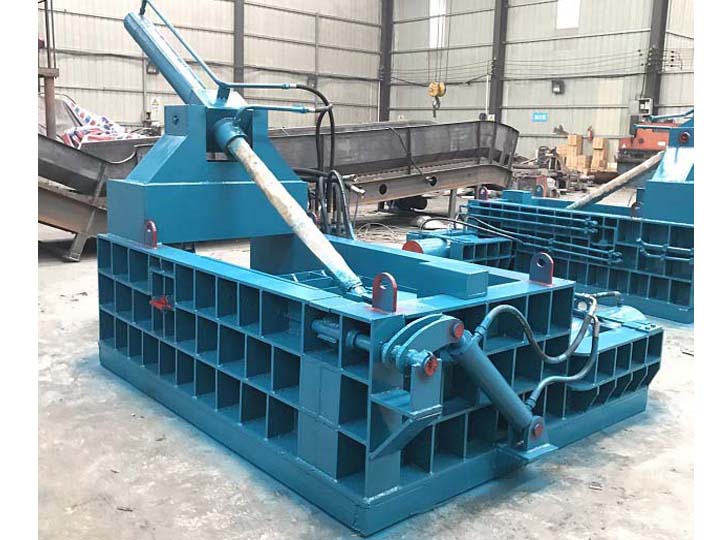Prospects of China’s metal recycling industry
Metal recycling, like garbage recycling, is at a turning point in China. This is partly due to import bans and high import taxes imposed in recent years, and partly due to the increase in scrap metal and the country’s efforts to improve its own recycling capacity. As people continue to migrate to cities and the middle-income class grows, new infrastructure and commodities need to use more minerals and metals, and more waste metals are bound to be produced. Metal scrap is a valuable raw material that can be recycled again and again.
People have been talking about China stopping the import of garbage in 2019. In addition, since mid-2019, China has also banned imports of ferrous and non-ferrous metals, such as scrap copper and scrap aluminum. The five-year plan includes specific goals for the development of recycling facilities driven by economic, social and environmental factors. What does all this mean for Chinese metal recycling? What is the biggest impact we can see?

Metal recycling will grow
The amount of recyclable scrap metal in China has increased and will continue to increase. Soon, China will become a net exporter of scrap metal. For example, from 2009 to 2018, annual sales of passenger cars sold in China increased from approximately 10 million to 25 million. All of these cars need to be recycled after their useful life has expired.
We will see an increase in the number of local recycling centers and scrap metal processing plants. Smaller recycling centers are responsible for the initial sorting of materials and supply to larger scrap metal dealers for further processing into scrap metal blocks that meet the requirements of steel mills or other users. As the demand for scrap metal increases, so will the installation requirements for balers, shears, and crushers.
Advanced recycling is entering new areas
Today, China’s most advanced scrap metal recycling areas are in the eastern coastal areas, from Guangzhou in the south to Beijing and Tianjin in the north. However, we can see that small but equally advanced processing areas have emerged in metropolises and surrounding areas across the country, including cities such as Chengdu, Chongqing, and Anshan.
Pay more attention to equipment performance
Complex large-scale scrap metal recycling is a brand new industry in China. So far, most of the recycling equipment comes from local suppliers, such as shearers and balers. Due to the low demand for capacity, the price of the equipment has become a determining factor. With the expansion of business scale, more and more processors are looking for equipment with higher technical content, such as Shuli’s scrap metal recycling equipment, to ensure higher output and trouble-free performance.
